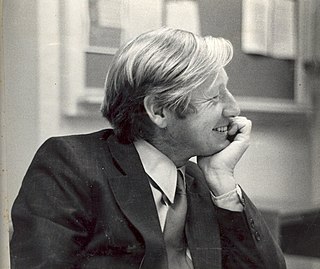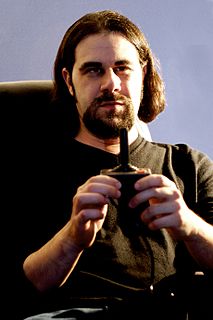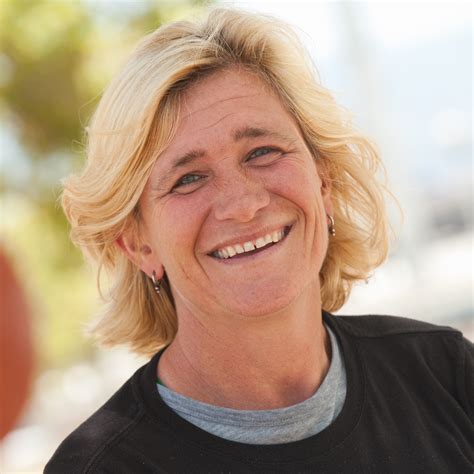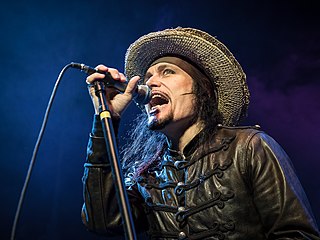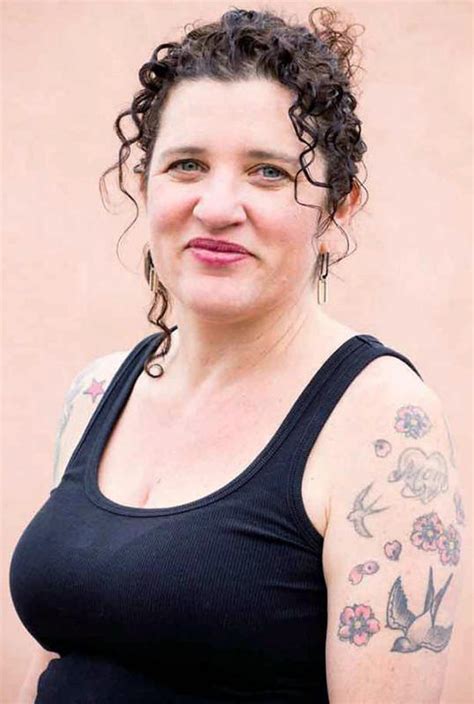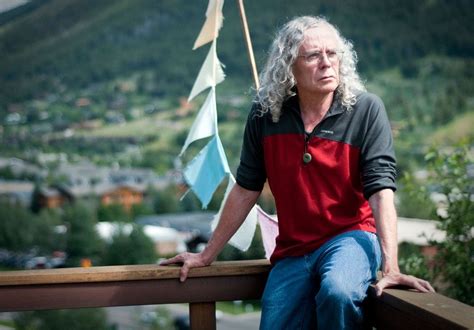A Quote by Brian Sutton-Smith
The opposite of play is not work. It's depression.
Quote Topics
Related Quotes
Manic depression is a type of depression, technically, and it's the opposite of uni-polar. Manic depression is also called bi-polar disorder. Some people don't like to call it that because they think it makes it sound too nice, when the reality is if you have manic-depression you have manic-depression.
When you feel depressed, it helps to actively change your environment. Go and do something different. Martin Luther conquered his depression by going outside to work in his garden. Surprisingly enough, one of the best ways to handle depression is to go to work immediately on the task you least enjoy. (The chances are your depression is caused by guilt feelings arising out of neglect of those tasks.)
Any phrase that suggests play is this domain that's the opposite of work, or the thing that you do when you're done working, should trouble us. Because it means that play is always relegated to the exhaust of life. It's the thing that you do after you do the important stuff, it's what you do on your own time.
